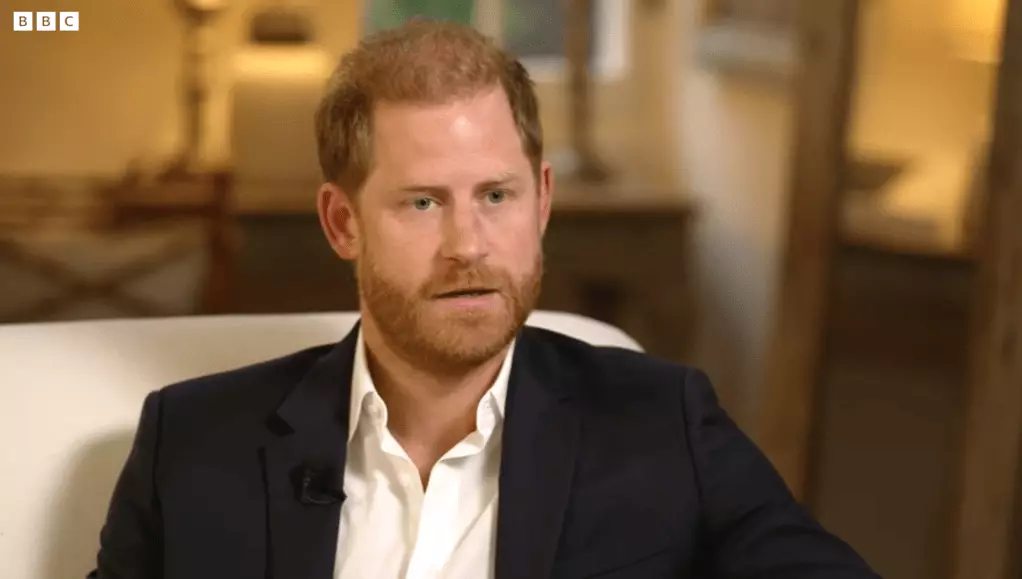In an age where media credibility is paramount, the recent admission by the BBC regarding its handling of Prince Harry’s controversial statements highlights a significant gap in journalistic accountability. The network acknowledged that its flagship program, Radio 4’s Today show, failed to critically assess Prince Harry’s assertion that the decision to strip him of UK security was part of an “establishment stitch-up.” This lapse not only raises questions about the broader implications of such editorial decisions but also spotlights the intricate balance between maintaining decorum and ensuring scrutiny in interviews with high-profile individuals.
The Implications of Underreporting Major Claims
The failure of the BBC to challenge Prince Harry’s grave allegations against the establishment has serious repercussions. In a political landscape where public trust in media is waning, the broadcaster’s oversight sends a troubling message: that sensational claims can be aired without adequate interrogation. Prince Harry’s accusations, particularly aimed at the royal family and the Home Office, necessitate a responsible platform for discussion—one that upholds journalistic rigor and challenges dubious assertions rather than amplifying them. By neglecting to engage critically with Harry’s statements, the BBC risks diminishing its reputation as a bastion of objective journalism.
Family Matters and Public Perception
The emotional depth of Prince Harry’s interview cannot be dismissed. His yearning for reconciliation with his family, coupled with the juxtaposition of his criticisms, paints a complex picture of a man torn between loyalty and personal conflict. Harry’s candid admission of his desire to introduce his children to their British heritage adds a poignant layer to his narrative. However, the significance of this familial backdrop should not overshadow the need for rigor in reporting on public figures who make contentious statements. The personal fallout experienced by Prince Harry and the intricacies of his familial relationships should rather serve as an impetus for more thorough reporting, one that acknowledges the ramifications of royal statements on policy and public debate.
The Role of the Home Office and Royal Security
Prince Harry’s remarks not only stir emotions but also unpack intricate issues regarding national security protocols. The Home Office, while maintaining that its protective security system is “rigorous and proportionate,” found itself in a challenging position. Public discourse about security protocols, especially those tied to high-profile individuals such as members of the royal family, necessitates a transparent dialogue. As the BBC itself stated, its failure to depict the Home Office’s stance equates to a critical oversight that warrants scrutiny.
While the BBC’s admission may reflect a commitment to improving its editorial standards, it is essential to recognize that the stakes are high. The safety of individuals, the integrity of public institutions, and the relationship between media and power all hinge upon rigorous journalistic inquiry. In the end, as we reflect on the intersection of personal narratives and public responsibility, it becomes clear that media organizations must rise to the occasion—not just to cover stories, but to interrogate them with the diligence they demand.
